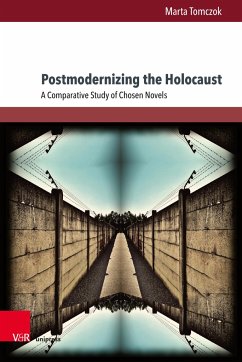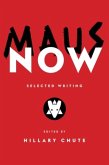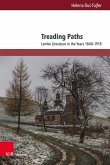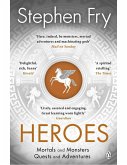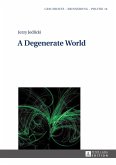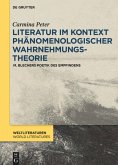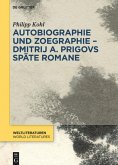Marta Tomczok presents all Polish postmodern novels about the Holocaust, starting with "The First Splendor" by Leopold Buczkowski and ending with "The Suspected Dybbuk" by Andrzej Bart. She also presents their rich relationships with selected foreign-language prose, which intensified especially at the turn of the 20th and 21st centuries. The culmination of the entire trend is a discussion around two novels: "Tworki" by Marek Bienczyk and "Fly Trap Factory" by Andrzej Bart, which reveals the aestheticizing and post-memorial profile of Polish postmodernization and its advantage over the historiosophical trend. This monograph is not only the first such collection of post-Holocaust postmodern novels, but also the first comprehensive study of postmodernism in the literature about the Holocaust, which, thanks to comparative analysis, tries to analyze and explain the circumstances of the appearance and later disappearance of this trend from cultural landscape of the world and Poland.

